April 25–26, 2025
War has been foundational to the shaping of modern Italian history, memory, and culture—from the wars of the Risorgimento to colonial and Fascist wars of expansion up to and including the two world wars. Furthermore, in all these Italian war efforts, emigrant and diasporic communities have played significant roles whether through moral and material support, serving in the Italian military, or through their opposition to Italian wars. As such, scholars are increasingly turning their attention to the theme of war and its importance to our understanding of the history of Italy, the Italian diaspora, and former colonial subjects. This interdisciplinary conference is open to a wide range of topics concerning war from an Italian—broadly understood—perspective. As in the past, the Institute’s conference proposes an inclusive approach to Italy and Italian mobilities, including inhabitants of the nation-state, members of the diaspora, current immigrants in Italy and their descendants, and former colonial subjects.
Suggested paper topics include but are not limited to:
- Italian military history
- Italy’s reaction to other nations’ wars (e.g., Vietnam War, Russian-Ukraine War)
- Anti-war movements and statements (e.g., Scorsese’s 1967 The Big Shave)
- Colonial wars and anti-colonial responses
- Domestic warfare, e.g., brigands, partisans, Years of Lead
- Diasporic involvement with Italy’s military and wars
- Italian immigrant and descendants’ participation in host country’s military
- Displaced persons and refugees
- Internment, e.g., POWs, US government’s enemy alien designation, Fascist concentration camps in Libya
- Gendered approaches to war
- Creative accounts and depictions, e.g., memoir, fiction, film, visual arts (e.g., Mengiste’s 2019 The Shadow King)
- War as metaphor, e.g., class wars, war on organized crime, war on migrants
- Memory, oral history, and historical revisioning, e.g., the foibe, Fosse Ardeatine, the Shoah
This is an in-person event without virtual presentations.
The official language of the conference is English. All presentations are limited to twenty minutes, including audio and visual illustrations. Thursday evening is dedicated to welcoming comments and reception; sessions and panels will take place all day Friday and Saturday.
NOTA BENE: There are no available funds for travel, accommodations, or meals. There is no conference registration fee. The conference does not make arrangements with local hotels, so participants are responsible for booking their own accommodations.
DEADLINE FOR SUBMISSIONS: SEPTEMBER 15, 2024. Abstracts for scholarly papers (up to 500 words, plus a note on technical requirements) and a brief, narrative biography should be emailed as attached documents by September 15, 2024, to [email protected], where other inquiries may also be addressed. We encourage the submission of organized panels (of no more than three presenters). Submission for a panel must be made by a single individual on behalf of the group and must include all the paper titles, abstract narratives, and individual biographies and emails.
Notice of acceptance or rejection will occur in early November 2024.
This year’s conference title comes from Arturo Giovannitti’s poem “Anniversary II.”
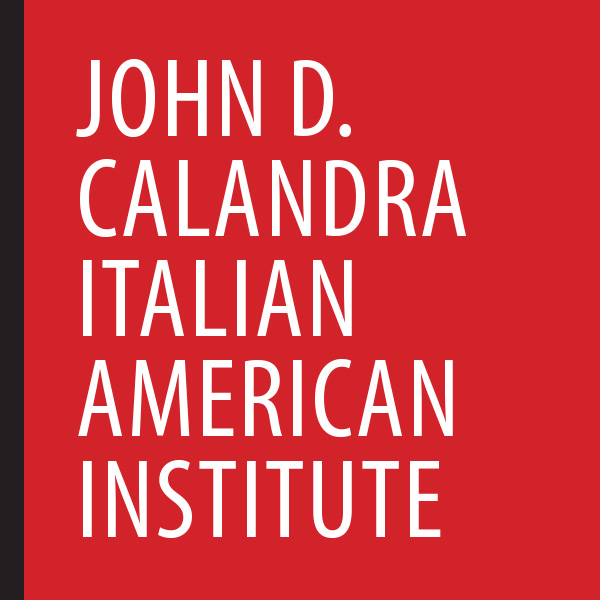

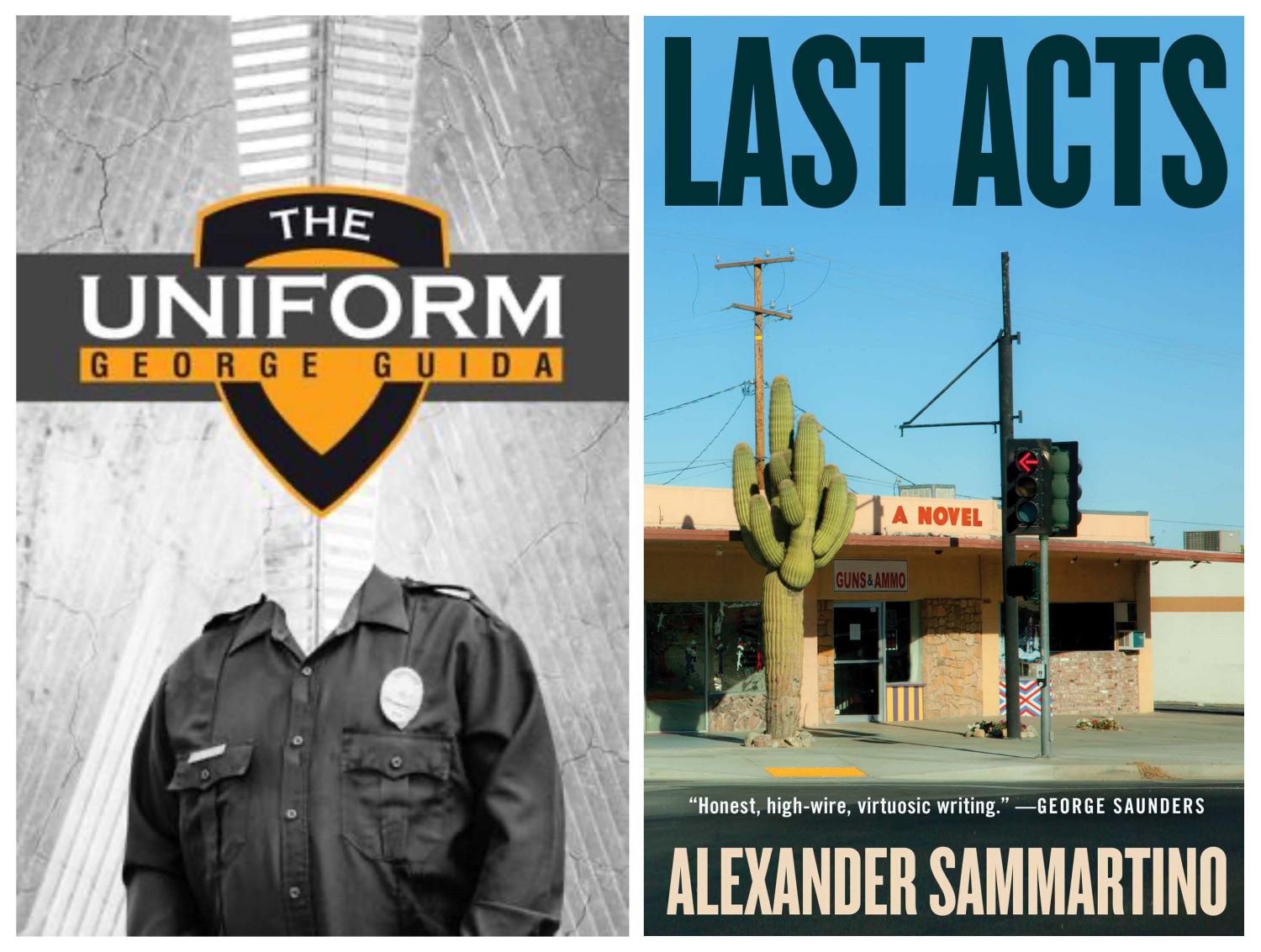
 Scholars and interested participants began gathering at the Institute on April 26 to listen to presentations by speakers from around the world on the theme of this year’s conference, Translating Italian Mobilities. All sessions were livestreamed. With ten panels and individual presentations on topics related to translation and a keynote (“Rescue, Restore, Redeem: On Translating I Promessi Sposi“) by Michael F. Moore and Lawrence Venuti (“The Bourgeois Shudder: Translating Dino Buzzati’s Politics of Fantasy”)(with discusant Loredana Polezzi), the conference lasted two full days and provided ample material and opportunities for lively and collegial discussion. To review the program and see all the presenters and their topics, click
Scholars and interested participants began gathering at the Institute on April 26 to listen to presentations by speakers from around the world on the theme of this year’s conference, Translating Italian Mobilities. All sessions were livestreamed. With ten panels and individual presentations on topics related to translation and a keynote (“Rescue, Restore, Redeem: On Translating I Promessi Sposi“) by Michael F. Moore and Lawrence Venuti (“The Bourgeois Shudder: Translating Dino Buzzati’s Politics of Fantasy”)(with discusant Loredana Polezzi), the conference lasted two full days and provided ample material and opportunities for lively and collegial discussion. To review the program and see all the presenters and their topics, click 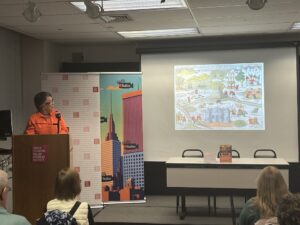 Thursday, April 11, Luisa Del Giudice, author and independent scholar, presented her new book In Search of Abundance: Mountains of Cheese, Rivers of Wine, and Other Gastronomic Utopias (2023 Bordighera Press), in which she outlines the fascinating and complex journey of ideas about plenty and scarcity in the history of Italian diasporic cultures.
Thursday, April 11, Luisa Del Giudice, author and independent scholar, presented her new book In Search of Abundance: Mountains of Cheese, Rivers of Wine, and Other Gastronomic Utopias (2023 Bordighera Press), in which she outlines the fascinating and complex journey of ideas about plenty and scarcity in the history of Italian diasporic cultures.  Today Calandra’s dean, Anthony J. Tamburri, will speak to the Appellate Division, Second Department, of the Supreme Court of the State of New York. His topic is “Italian Americans: Who We Were and Who We Are.”
Today Calandra’s dean, Anthony J. Tamburri, will speak to the Appellate Division, Second Department, of the Supreme Court of the State of New York. His topic is “Italian Americans: Who We Were and Who We Are.”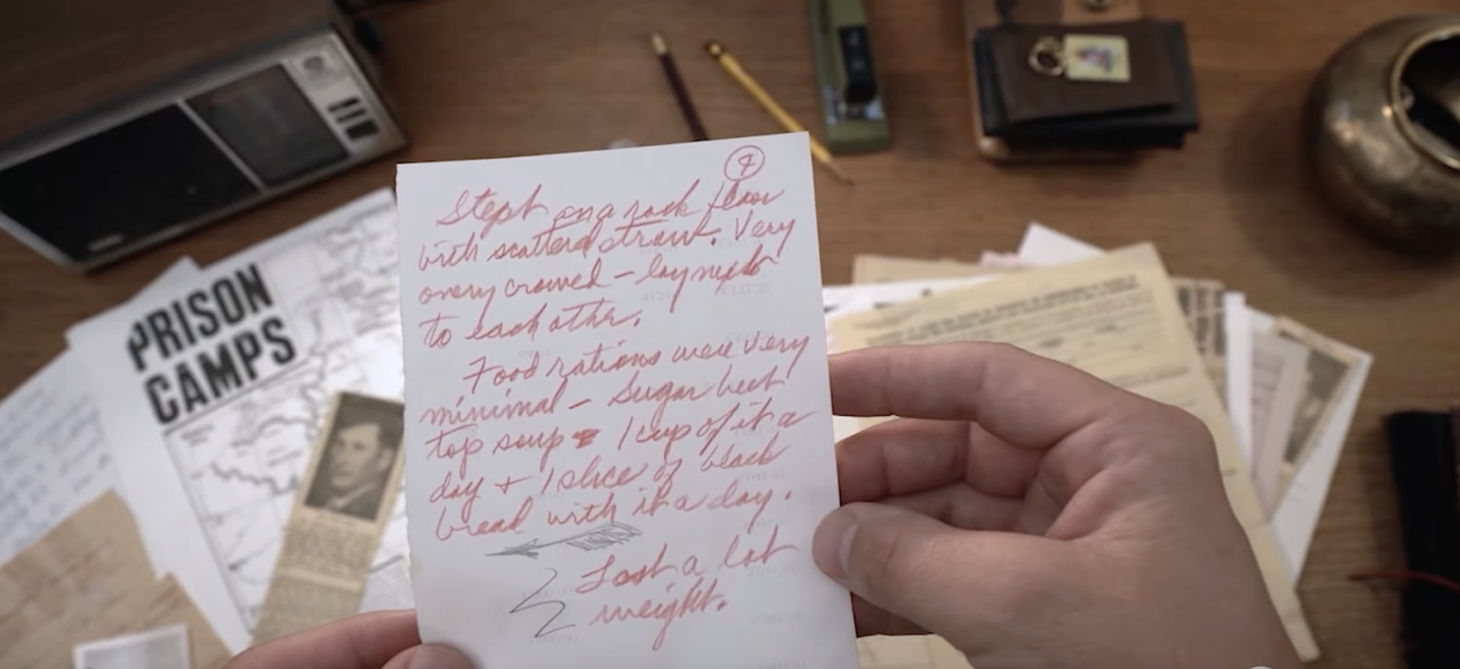
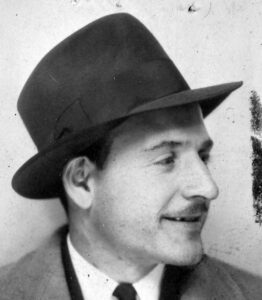 SCOPE OF THE FELLOWSHIP
SCOPE OF THE FELLOWSHIP